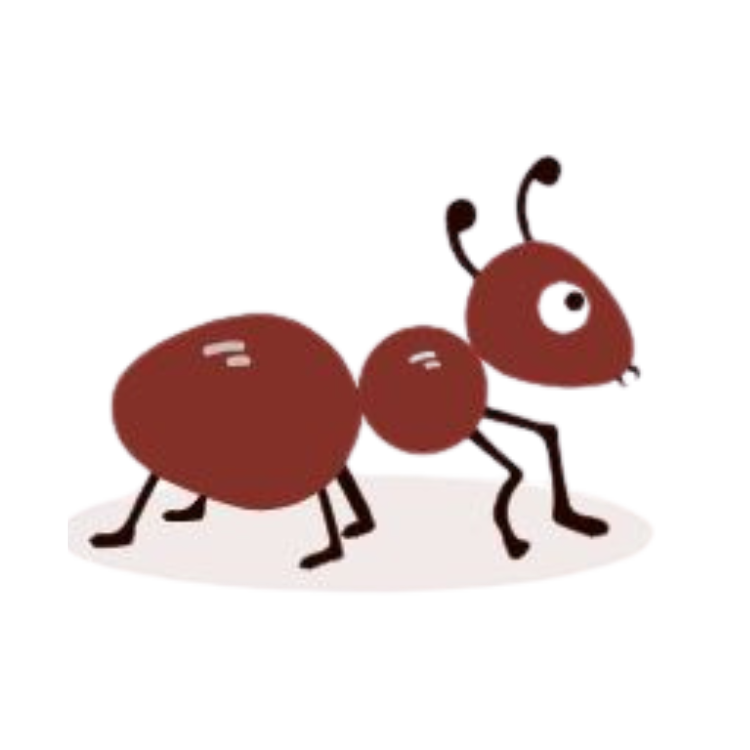12 / 13 / 2022
18:30 ~ 22:30
Online
The whole school
Jiaqi Li:Identification of Cell Type-Specific Conserved Regulatory Programs Across Species Using Deep Learning-Based Single-Cell Atlases
Back to List1st ZJU Organismal Evolution & Innovation Workshop for Young Scholars
Presenter: Jiaqi Li
Jiaqi Li is a doctoral candidate at Zhejiang University School of Medicine, specializing in Stem Cells and Regenerative Medicine, and is under the guidance of Professors Guoji Guo and Xiaoping Han. His research focuses on single-cell genomics, and he has published papers as a first author in journals like Nature Genetics.
Presentation Topic: Deep learning of cross-species single-cell landscapes identifies conserved regulatory programs underlying cell types
Corn not only stands as one of the most extensively cultivated crops globally but also serves as a model species for fundamental research. Originating from the southwestern region of Mexico, its wild relatives are collectively referred to as teosintes. Although these wild teosintes are primarily distributed in Mexico and Central America, they exhibit various subspecies adaptations to diverse environments. By dissecting the genetic mechanisms underlying the adaptive evolution of the Zea genus, this study provides novel prospects for utilizing wild resources to breed crops capable of withstanding extreme future climate changes. The research, employing a total of 237 materials from seven wild subspecies of the Zea genus and 507 modern maize inbred lines, established a genetic variation map for the Zea genus. It delineated the population evolutionary history of the Zea genus and revealed the genetic mechanisms driving its adaptive evolution.
The research utilized a self-built high-throughput single-cell sequencing platform, Microwell-seq, to construct comprehensive single-cell transcriptomic atlases for zebrafish, fruit fly, and amphioxus. The study delved into the cross-species comparability of eight representative metazoan cell types, unveiling the conservation of regulatory programs in vertebrate cell types. Additionally, the study introduced a deep learning model called Nvwa (Nuwa), which successfully predicted gene expression at single-cell resolution solely based on genomic sequences for the first time. Leveraging the Nvwa model, the research identified lineage-specific motifs, characterizing species-specific regulatory programs for cell types across species. This work pioneered an integrated model for species-level genomic-encoded cell atlases, offering a valuable resource for deciphering multi-species gene regulatory programs.









